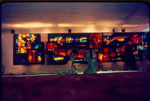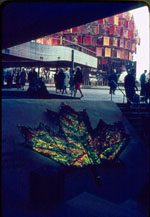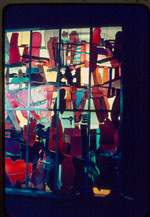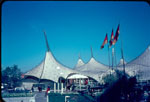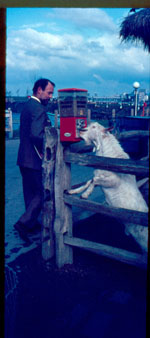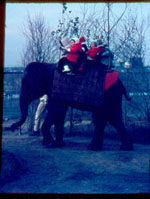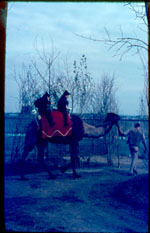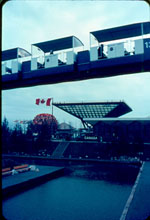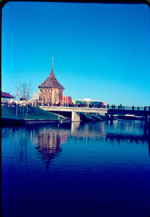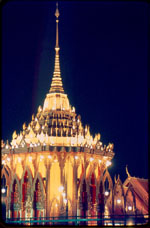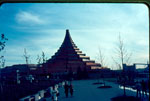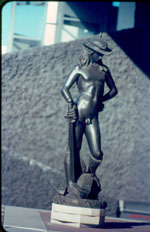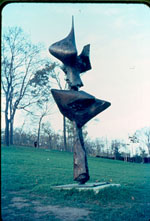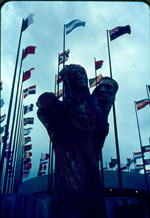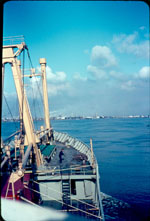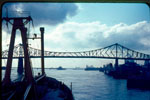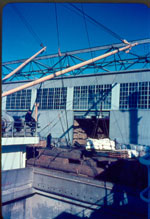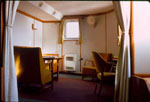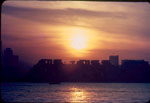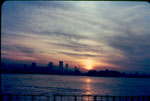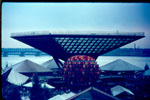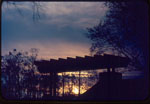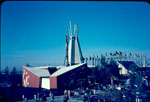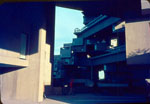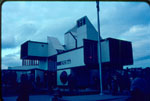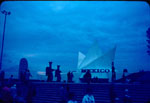From the collection of Dorothy McLeod
Personal story
I grew up in a religiously conservative, and what I thought was boring, city of Toronto. I come from two families of wanderers.
Although my paternal grandfather was born and died in southern Ontario, his three surviving children were born in three different countries. His wife was from the United States. My father was born in India, the son of missionaries. An older daughter died in infancy.
My mother was born in Quebec where her father was an engineer working on the dam in, I think, Arvida.
My daughter was conceived in South Africa and born in Paris, France. Except for four years at university in Toronto and nearly a year working in Tunisia, she has lived in Montreal.
All this to say that when Expo’67 came around it promised a world of adventure in Montreal. I took the train from Vancouver, where I was working, to Montreal. Expo’67 lived up to its promises.
I didn’t think of settling in Montreal at the time – as exciting as it was to be in Montreal for Expo’67, there was a sense of unreality in visiting countries as their governments wished them to be experienced.
So, I headed down the St. Lawrence and towards France aboard a Norwegian freighter. There followed 10 years of working and wandering around the world. Finally, in January 1977 I came back to Canada. I’ve lived in Montreal ever since.
Reflections on my Expo ’67 photos: memory and dreams
Expo’67 was a time when Montreal dared to dream and everyone participated in the excitement of dreaming large. I even heard about the dream from Vancouver, which was a pretty cool place at the time.
Expo seemed to be at the forefront of architecture, transportation and at the centre of the world. There was plenty to see: buildings that were spherical, triangular, with ski-jump-shaped roofs holding enigmatic sculptures, with mirrors and lots of windows. The metro was shiny and new with its artist-designed stations. A state-of-the art monorail system that was to be copied by other cities, but destroyed in Montreal. A condo complex that is still inhabited, but which seemed to me unsuited to the cold November winds.
In photographing Expo’67, I was just trying to record what I saw. The paradox of photos is that they change the photographer from participant to observer, and looking at those same photos brings back visual memories but also triggers memories of sensations, of odours and of feelings. Looking at a photo of Habitat’67, I can feel the cold November winds on the St. Lawrence River. Looking at a photo of well-bundled children riding an elephant I can feel the warm sunshine on a cold day and wonder how they felt, those elephants and camels brought to Montreal from other climates for children to ride. Looking at photos of bridges and the skyline, I am grateful that Montreal chose to present itself to the world on an island in one of the world’s mightiest rivers. Looking through a glass plate in the Czech pavilion I know that one’s viewpoint can cause distortions in the object captured through a camera’s lens.





